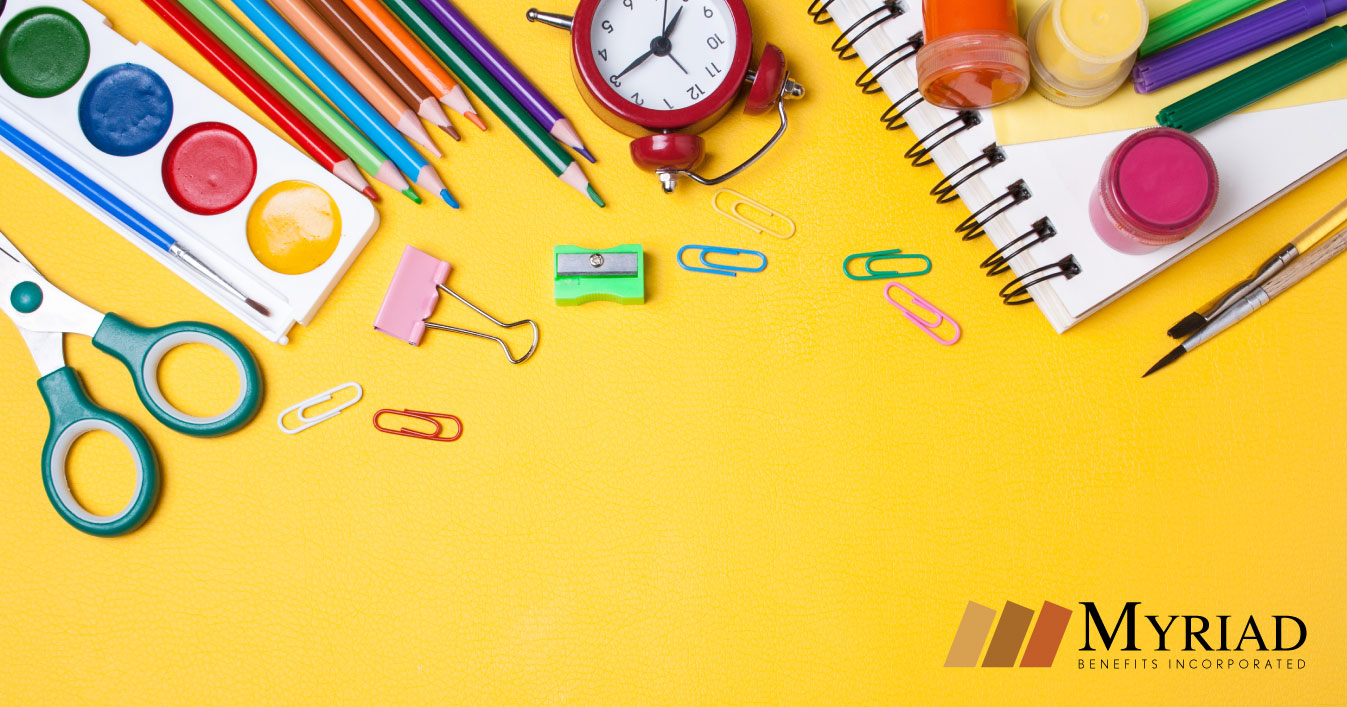Once summer vacations are over, we return to our daily routine. As we prepare for the upcoming school year, we should consider the following tips to ensure that this year is a successful one for the parents as well as for the students.
Go back to good sleeping habits
Children should sleep 8 to10 hours every night. Count backwards from the time the child must wake up to find the right time to put him/her to bed. Changing to an earlier bed time is not easy, but it isn’t impossible. An hour before bed time, turn off all electronic devices. Motivate them to read before going to bed. You will probably need to wake your child up before and adjust the entire family’s schedule to accommodate the change. Resting is as important as a balanced diet and exercising.

Plan healthy snacks
It takes time to talk to your children about healthy foods they can take to school. Consider trying new fruits and vegetables, yogurt, cheese, and nuts. Explore new recipes that they may like and buy containers so they can take them to school. Forty percent (40%) of the calories consumed by children ages 2 to 18 are considered empty calories (no nutrients, and high in sugar and fats).
Get routine medical exams
Remember to visit your dentist so you can begin the schoolyear with a healthy smile. Also, remember to get an eye exam in order to follow any instructions, and visit the pediatrician to make sure all of your child’s vaccines are up-to-date.
Prepare a studying area o
Identify a peaceful and pleasant place, preferably far from family chaos and electronic devices. Place a table or desk with good lighting and close to all necessary items (pencils, pencil sharpener, markers, paper, etc.).
Plan recreational activities
Create a balance between school and recreational activities. We all need relaxation and leisure time to stay mentally healthy. Talk to your children to identify activities they are interested in such as, practicing a sport or a musical instrument, or taking drawing or dancing lessons. There must be time every day for the students to do what interests them.
Consider implementing some of all of the mentioned points. Remember to talk to teachers about strengths, weaknesses, preferences or any other situation that you believe can affect to your children’s performance at school. Become your children’s educational, health, and wellbeing’s ally. We wish you the best of luck in the new school year!
By: Tania Mangual-Monzón, BSHE, MS
References:
Harvard Health Blog: health.harvard.edu
Johns Hopkins Medicine: hopkinsmedicine.org

















